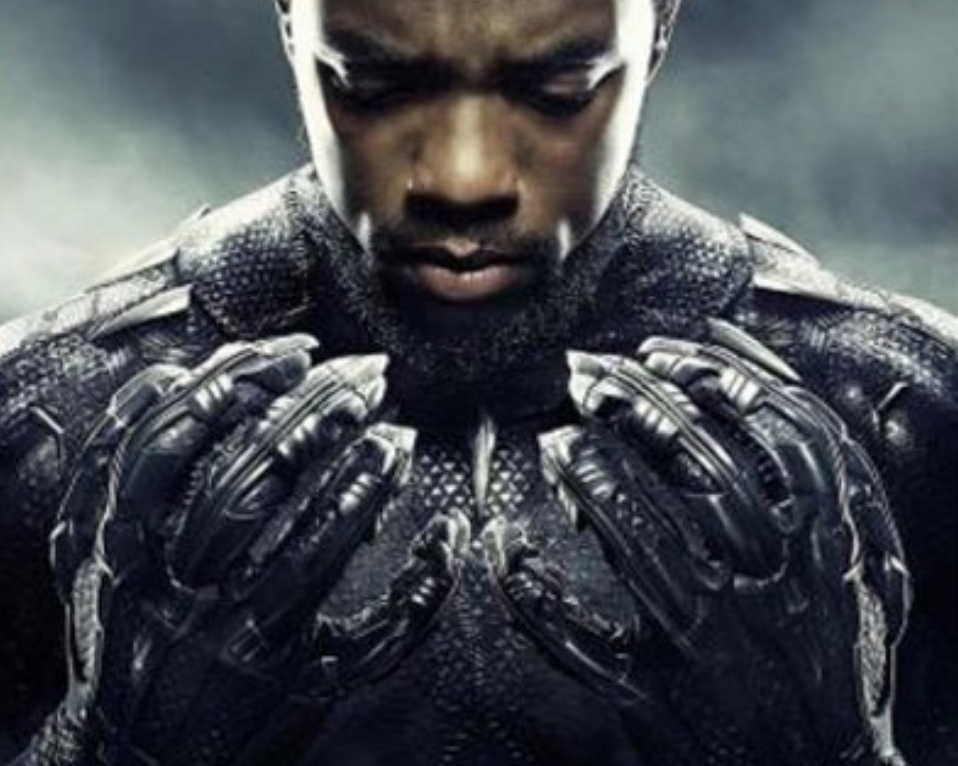It's a message young people in the Church of Jesus Christ of Latter-day Saints hear early and often: You should get married, because marriage is wonderful and family life is at the heart of the faith.
The problem is that church leaders haven't grasped the power of cultural trends in technology, education and economics that are fueling sharp declines in statistics linked to dating, marriage and fertility, said Brian Willoughby of the Brigham Young University School of Family Life.
"The key word is 'tension,' " he said. Among the Latter-day Saints, these numbers are "not falling as fast" as in other groups, "but our young people are feeling tensions between the patterns they see all around them and what they hear from their parents and religious leaders.
“We are seeing the same changes -- only moving slower. The average age of people getting married is rising. Fertility rates are declining. … We can no longer assume that religious young people are some kind of different species."
It's urgent, he added, for congregations to "start making a more explicit case for marriage and family. Our young people know that marriage is important, but they don't know specific reasons for WHY it's important."
The result is what some researchers call the "marriage paradox." Young people continue to express a strong desire to "get married at some point," but they place an even higher priority on other "life goals," said Willoughby.
"Marriage becomes a transition in which they fear they will lose freedom or success. … They hear everyone saying: 'You go to these schools and get these degrees. You get job one that leads to job two. Don't let anything get in your way or get you off track.' With this kind of head-down approach, serious relationships can be a distraction on the path to success. … The heart isn't as important."










